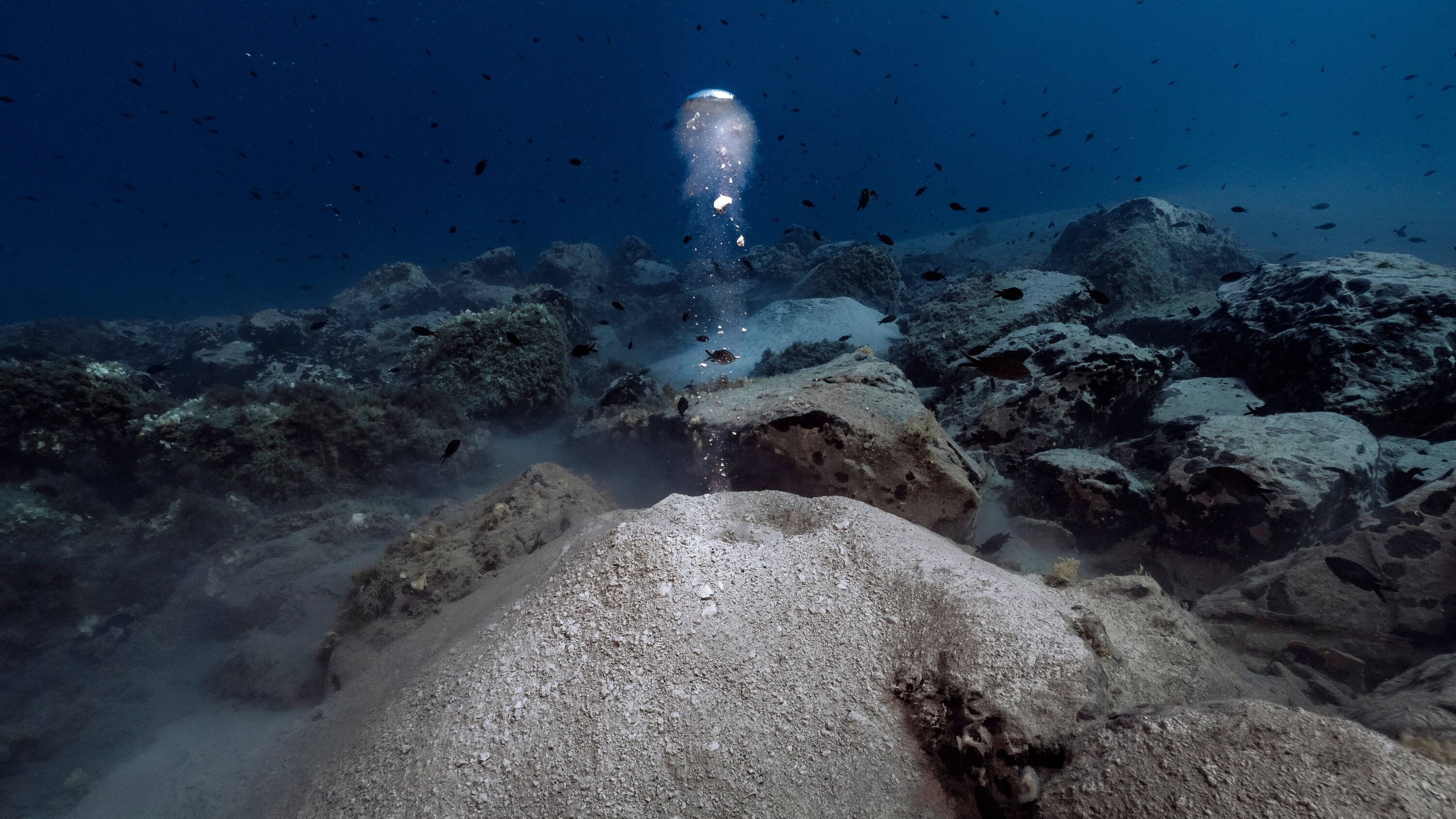Home / Environment / Microbes Feast on Methane to Slow Climate Change
Microbes Feast on Methane to Slow Climate Change
6 Oct
Summary
- Microbes that eat methane could help reduce greenhouse gas emissions
- Scientists explore extreme environments to find new methane-consuming species
- Methane-eating microbes already consume more methane than humans release

In October 2025, a team of scientists has been exploring the seafloor off the coast of Italy, searching for microbes that can consume methane, a powerful greenhouse gas. The researchers, including microbiologists Braden Tierney and Krista Ryon, have been diving in the Tyrrhenian Sea to collect samples from underwater methane seeps and mud volcanoes.
These microbes, known as "methanotrophs," have the remarkable ability to use methane as a food source. In fact, the global population of methanotrophs already consumes far more methane than humans release into the atmosphere each year. Now, scientists are hoping to harness this natural process to help slow the pace of climate change.
The team has found promising signs, including a symbiotic combination of algae and bacteria that uses sunlight and methane to grow. This type of microbial community could potentially be used to capture emissions from sources like rice fields, a major source of methane. The researchers have also discovered a purple-colored "blob" of microbes that appears to thrive in methane-rich environments.
As the scientists continue to analyze their samples, they are optimistic that these methane-eating microbes could play a crucial role in reducing greenhouse gas emissions and mitigating the impacts of climate change. While technological solutions exist, the researchers believe that harnessing the power of nature's own methane consumers may be a more sustainable and cost-effective approach in the long run.




